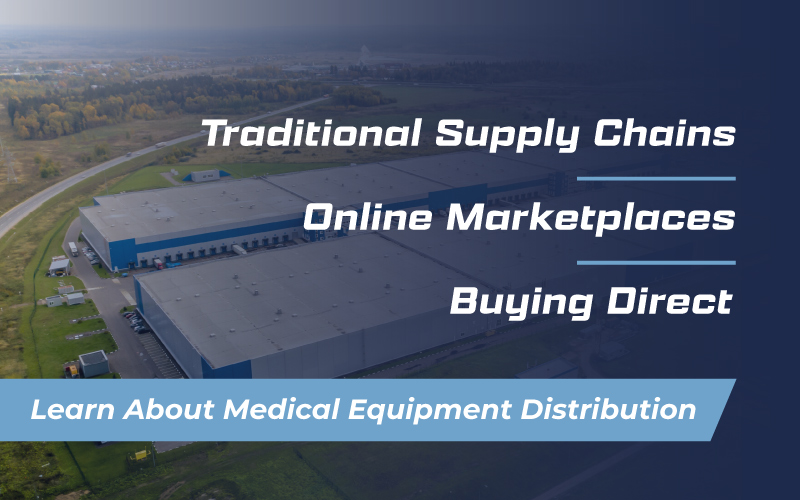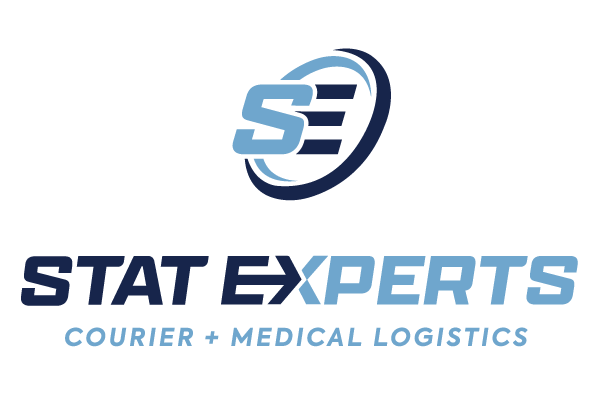Medical equipment distribution is a critical component of the healthcare system, as it involves the efficient supply chain management of medical devices and supplies from manufacturers to the healthcare providers, such as hospitals and clinics, who use them.
Medical equipment distribution is essential for hospitals to maintain a steady supply of medical equipment and supplies, which can improve patient care. It can also save time and money by streamlining the process of ordering and managing medical equipment and supplies, as well as reducing the risk of medical errors due to outdated or insufficient equipment.
Let’s take a closer look at what’s involved in medical equipment distribution and how you can find the best solution for your hospital.
Types of Medical Equipment
Medical equipment comes in many forms, including diagnostic equipment, surgical equipment, and medical supplies.
Diagnostic Equipment
Diagnostic equipment is used to diagnose and monitor patient conditions, such as imaging machines (e.g. x-ray, MRI, CT), laboratory equipment (e.g. centrifuges, microscopes), and vital sign monitors (e.g. blood pressure monitors, pulse oximeters).
Surgical Equipment
Surgical equipment is used in the operating room to perform surgical procedures such as surgical instruments (e.g. scalpel, forceps) and surgical power tools (e.g. drills, saws).
Medical Equipment
Medical supplies are essential items used in healthcare settings to support patient care, such as dressings (e.g. gauze, bandages), disposables (e.g. gloves, gowns), and medications (e.g. antibiotics, painkillers).
Medical Equipment Distribution Channels
Medical equipment distribution channels include traditional medical supply chains, online marketplaces, and direct purchases from manufacturers. It’s important to understand each type of distribution channel to determine which one(s) might work best for your hospital.
Traditional Supply Chains
Traditional medical supply chains involve ordering products from medical distributors who source products from manufacturers and then deliver them to hospitals and clinics.
Online Marketplaces
Online marketplaces provide access to medical equipment and supplies from various sources.
Buying Direct
Hospitals can also purchase medical equipment directly from manufacturers or authorized dealers.
While it’s possible for hospitals to use all three of these options, it can be challenging to understand which distribution channels are the most effective, efficient, and economical for a hospital or other medical facilities.
As we’ll explore toward the end of this post, it can be highly beneficial for hospitals to partner with a logistics distributor to manage all of their medical equipment distribution.
Challenges of Medical Equipment Distribution
Procuring, distributing, shipping, and storing medical equipment can be an ominous task for any hospital. With supply chain issues now a common obstacle for hospitals and manufacturers, it’s vital to understand each challenge to medical equipment distribution … and be prepared to do something about them.
Regulatory Compliance
The distribution of medical equipment is subject to strict regulatory requirements such as FDA approval for certain products, quality control standards, and registration with the state board of pharmacy.
Supply Chain Delays
Disruptions in the supply chain due to natural disasters, political unrest, or other events can cause delays in the delivery of medical equipment and supplies.
Supply and Demand
In addition, certain types of medical equipment may be difficult to obtain due to limited production capacity or high demand for certain products.
In all of these cases, relying on a highly qualified distributor and medical logistics provider can give hospitals a financial advantage as well as free up their staff to focus on patient care.
Stat Experts’ Medical Equipment Distribution Services
Stat Experts provides full-service medical equipment distribution services that are available 24 hours a day, 7 days a week. We can store medical supplies on-site at hospitals, labs, or doctor’s offices and deliver them as needed.
Our services can help hospitals save time and money by streamlining the ordering, storing, and managing of medical equipment and supplies. With Stat Expert’s services, hospitals can be confident that they have the necessary medical equipment and supplies on hand to provide the best patient care possible.
Medical equipment distribution is an essential component of the healthcare system that enables hospitals to maintain a steady supply of necessary medical equipment and supplies. There are a variety of distribution channels available for hospitals to choose from depending on their individual needs and requirements.
Stat Experts provides reliable medical equipment distribution services and can help hospitals save time and money while ensuring they have the necessary medical equipment and supplies on hand to provide the best patient care possible. Contact us today to discuss how we can improve your medical equipment distribution.


